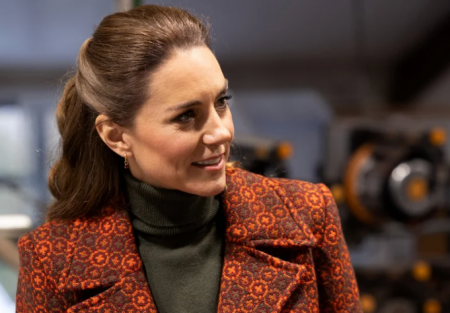Ammon News - By Faisal Al Rfouh
The historic brotherly relations between Jordan and Lebanon received a further boost with the recent official visit to Jordan by Lebanese Prime Minister Saad Hariri.
During this visit, His Majesty King Abdullah, Prime Minister Samir Rifai and other ministers held talks with the Lebanese premier about increased cooperation between Beirut and Amman at economic and military levels.
Apart from bilateral ties, discussions were also held on inter-Arab relations, as well as potential progress on the Middle East peace process front.
The Higher Joint Jordan-Lebanon Committee is expected to be convened in March to discuss issues of interest to both countries with a view to ratifying new agreements.
Jordan has continuously extended support for Lebanon’s security, stability and sovereignty. Following the establishment of a Joint Lebanon-Jordan Higher Committee in 2005, the pace of cooperation between the two countries started to gather momentum, leading to a major increase in imports and exports, both ways, and to the abolishment of visas.
Improvement of ties between Lebanon and Syria has opened up new scope for Lebanon to seek cooperation and brotherly relations with other Arab countries, including Jordan.
In early March 2001, Lebanon and Jordan agreed on the installation of an overland gas pipeline between Egypt and Syria, with Lebanon and Jordan as host countries. That same year, there was also a proposal for the establishment of a free trade area between Jordan and Lebanon. However, due to unfavourable developments in Lebanon and the regional geopolitics, these proposals remained unimplemented.
Fillip to bilateral brotherly relations between Beirut and Amman was provided from 2005 onwards, following the exchange of visits by leaders of the two sides.
During his visit to Jordan, on January 22, 2006, the then-Lebanese premier Fuad Siniora presented his country’s viewpoint concerning the Syrian-Lebanese relations and developments in Lebanon.
In the course of his visit to Lebanon, on December 19 last year, Foreign Minister Nasser Judeh, while reiterating Jordan’s keenness on seeing Lebanon secure, enjoying stability, prosperity and progress, also stressed the importance of continued coordination and consultation between the two countries.
The meeting of the Higher Joint Jordan-Lebanon Committee in March will open up more opportunities to increase cooperation in political and socio-economic fields.
Lebanon is eager to gain Jordanian cooperation in arms and training of its defence personnel.
Lebanon’s opening up to neighbouring Arab countries, particularly Syria and Jordan, is a healthy development, conducive to promoting Arab unity.
The success of reconciliation efforts to overcome factional differences in Lebanon can be emulated by the Palestinian factions that should give priority to their unity and interests, above all other considerations.
Since Syria and Lebanon initiated steps to normalise relations with neighbouring Arab countries, other Arab countries should also work concertedly to attain Arab unity, which is essential in negotiating with Israel from a position of strength and for sustainable peace in the region.
The writer is president of the Orient Centre for Studies and Cultural Dialogue.
alrfouh@hotmail.com (Jordan TImes)

